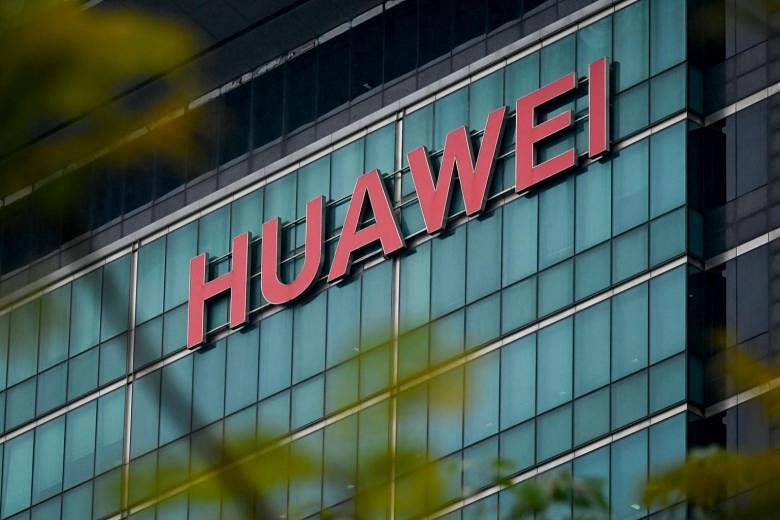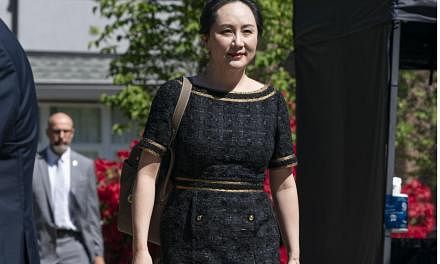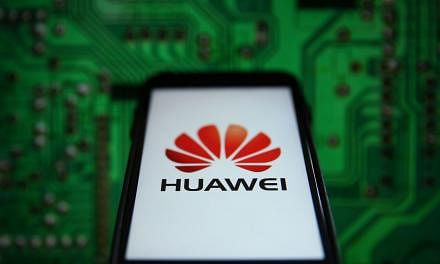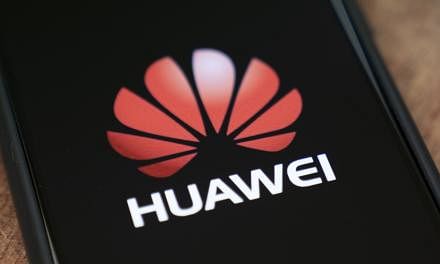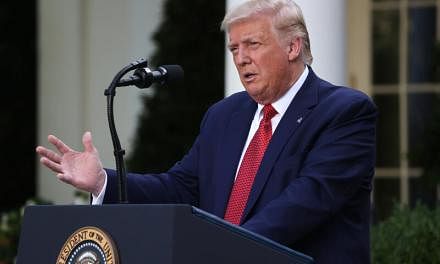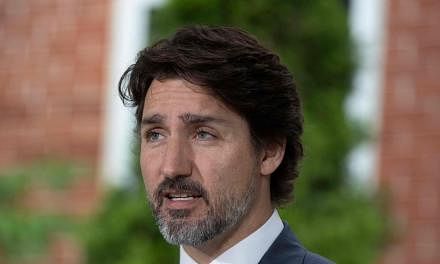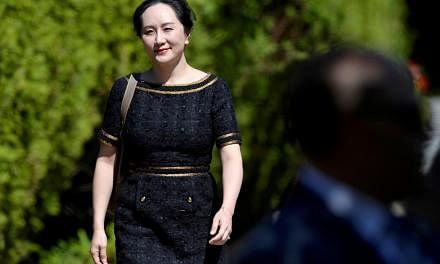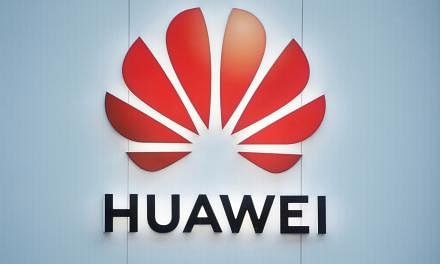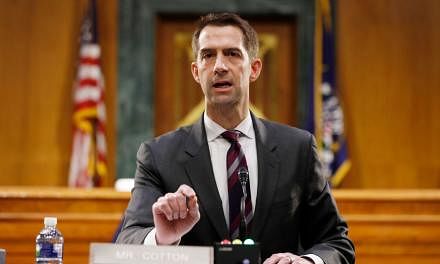HONG KONG/WASHINGTON • Chinese telecommunications equipment-maker Huawei Technologies sued the United States government yesterday, saying that a law limiting its US business was unconstitutional, ratcheting up its fight-back against a government bent on closing it out of global markets.
Huawei said it had filed a complaint in a federal court in Texas challenging Section 889 of the National Defence Authorisation Act (NDAA), signed into law by US President Donald Trump last August, which bars federal agencies and their contractors from procuring its equipment and services.
The lawsuit marks the latest confrontation between China and the US, who spent most of last year slapping import tariffs on billions of dollars worth of each other's goods.
The year ended with the arrest of Huawei's chief financial officer in Canada at US' request, to the consternation of China.
"The US Congress has repeatedly failed to produce any evidence to support its restrictions on Huawei products. We are compelled to take this legal action as a proper and last resort," Huawei rotating chairman Guo Ping said in a statement.
"This ban not only is unlawful, but also restricts Huawei from engaging in fair competition, ultimately harming US consumers. We look forward to the court's verdict."
While Huawei had very little share of the US market before the Bill, it is the world's biggest telecoms gear-maker and is seeking to be at the forefront of a global roll-out of 5G mobile networks and services.
In its lawsuit, Huawei said its "equipment and services are subject to advanced security procedures, and no back doors, implants, or other intentional security vulnerabilities have been documented in any of the more than 170 countries in the world where Huawei equipment and services are used".
The privately owned firm has embarked on a public relations and legal offensive as the US lobbies allies to abandon Huawei when building 5G networks, centring on a 2017 Chinese law requiring firms to cooperate with national intelligence work.
The NDAA bans the US government from doing business with Huawei or compatriot peer ZTE Corp or from doing business with any company that has equipment from the two as a "substantial or essential component" of their system.
In its lawsuit, Huawei argues that the section in question is illegal as it could sharply limit the firm's ability to do business in the US despite no proof of wrongdoing.
The lawsuit also alleges that Huawei has been denied due process and that Congress, by stripping Huawei of commercial opportunities, has violated the "separation of powers" portion of the Constitution by doing the work of the courts.
Chinese foreign ministry spokesman Lu Kang said he had no information on whether China's government may also seek legal action against this US law, but added that Huawei's move is "totally reasonable and totally understandable".
Some legal experts, however, said Huawei's lawsuit is likely to be dismissed because US courts are reluctant to second-guess national security determinations by other branches of government.
Yesterday, Huawei also accused the US government of hacking its servers and stealing company e-mails, without providing further details.
REUTERS, AGENCE FRANCE-PRESSE
